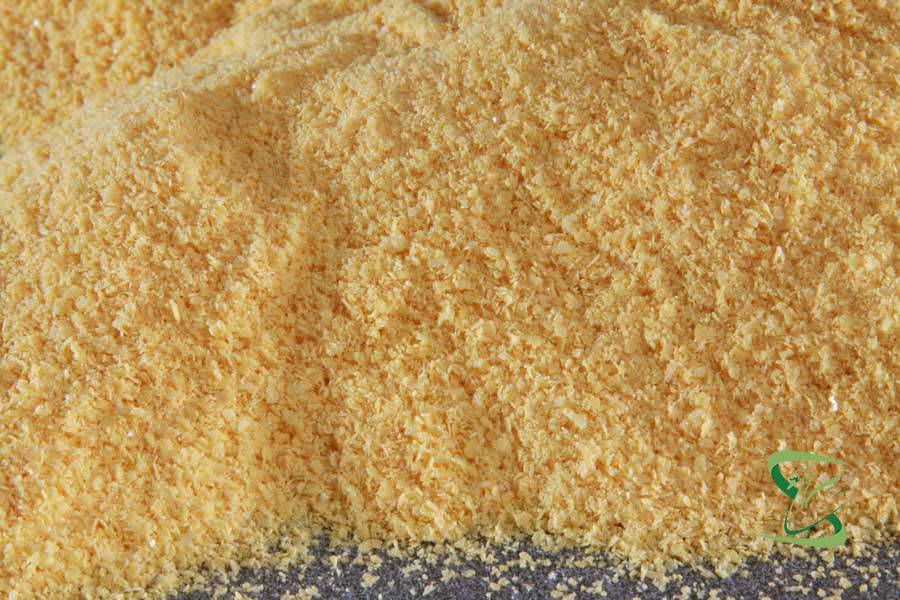Patent-pending adhesive formulations developed at Purdue University from fully sustainable, bio-based components establish bonds that grow stronger when underwater or exposed to wet conditions.
Gudrun Schmidt, an associate professor of practice in Purdue’s Department of Chemistry, and a team of researchers developed the formulations from zein, a protein found in corn, and tannic acid. A paper about the team’s research was published in the peer-reviewed journal ACS Applied Materials & Interfaces.
The adhesive formulations could be further developed and used in the restoration of coral reefs and have applications in the construction, manufacturing, biomedical, dental, food and cosmetic industries.
Schmidt and her colleagues conducted underwater adhesive experiments on their formulations, using different surfaces and different waters, including seawater, saline solution, tap water and deionized water.
“Interestingly, the water type does not influence performance a great deal, but the substrate type does,” Schmidt said. “An additional unexpected result was bond strengths increasing over time when exposed to water, contradicting general experiments of working with traditional, petroleum-based glues. Initial adhesion underwater was stronger compared to benchtop adhesion, suggesting that water helps to make the glue stick underwater.”
Protective skin formed on the surface of the adhesives when placed underwater, which kept water from entering the rest of the material immediately.
“We can use inexpensive, sustainably sourced, plant-based materials to make gallons of glue within hours,” Schmidt said. “The adhesives are very simple to make in the lab or outdoors, everywhere on the planet.”







